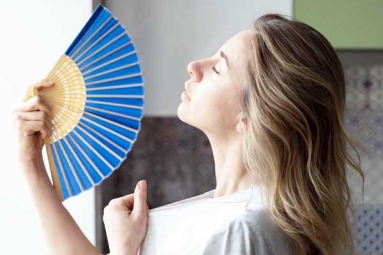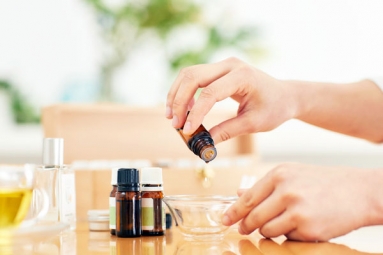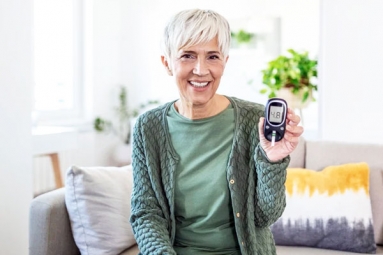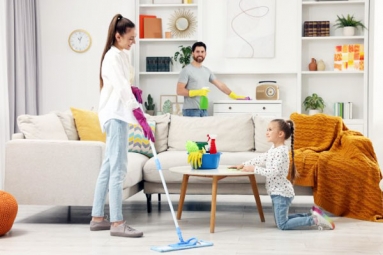
(Image source from: Freepik.com)
Haven't you gotten enough sleep lately? You are not alone. According to the Centers for Disease Control and Prevention, nearly one in three adults gets less than the recommended seven to eight hours. So how can everyone sleep better? We asked David Coleman, a physician and board member of the American Academy of Sleep Medicine, for some tips:
1. Stick to a schedule:
“Your body needs routine,” says Coleman. Try to go to bed and get up at about the same time every day, including weekends. Regular meals can also be effective. Eating the last meal of the day at least 2 to 3 hours before bed also prevents wake-up digestion. He added: "Humans' 24-hour circadian rhythm is inspired by the world around them." A sedentary lifestyle not only makes it harder to sleep at night, but can also increase the risk of heart disease. It's also great for sleeping, as long as it's not close to bedtime. Do you schedule it regularly?
2. Avoid caffeine, nicotine and alcohol:
Many of us drink caffeine to get started in the morning or to be more awake in the afternoon. Coleman recommends taking the last dose of caffeine at lunchtime so that the stimulant effects don't last after bedtime. He also suggests limiting total consumption to no more than three times a day. A serving consists of 6 to 8 ounces of caffeinated coffee or tea and 12 ounces of soda. Smoking and drinking alcohol can also affect your sleep. According to the Mayo Clinic, the stimulating effects of nicotine and caffeine take hours to wear off. Alcohol can make you sleepy at first, but later in the night it can disrupt sleep.
3. Put your phone away:
Do you look at your phone before bed? That's not a good idea, says Coleman. Blue light from smartphones is the “worst light spectrum for sleep,” and using a smartphone can stimulate your brain and shift your brain’s focus from sleep to wakefulness. Try to put away your phone and other electronic devices at least an hour before bed.
4. Create an ideal sleeping environment:
A dark bedroom improves sleep quality. Try blackout curtains, blinds, or a simple, inexpensive sleep mask. Temperature also affects the quality of sleep. The National Sleep Foundation recommends keeping room temperature between 60 and 67 degrees Fahrenheit. It is very cold? Do what you feel comfortable with. “However, cold temperatures can lower body temperature while you sleep. Cold air also contains more oxygen per volume, which can make breathing easier.” If unnecessary noise is disrupting your sleep, such as city traffic or family members watching TV in the next room, you can take action. Solutions include wearing earplugs, using a white noise machine, or turning on a fan.
5. Take time to rest:
A big part of sleep hygiene is preparing your body for sleep, says Coleman. “You can’t just lie down and sleep. You have to put yourself in the right mindset.” Please try!











